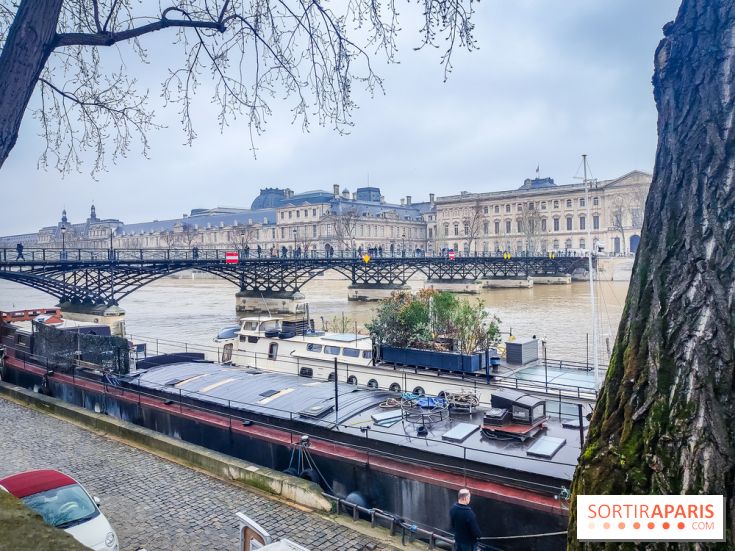Is France ready for another wave? As the scenario of the resurgence of the epidemic this Fall is said to be likely in the scientific community, the possibility of experiencing another period like the lockdown worries.
Some elements let us predict the epidemic resurgence in France. In hospitals, the staff notices the arrival of cases imported, and more and more contaminations are reported in regions that were safe so far, suggesting the epidemic is moving. There is one question then: are we ready to face a second wave?
What are the measures considered in France? Stores and public places have been allowed to reopen after lockdown and are supposed to follow a strict protocol including providing hand sanitizer, among other things. In an interview on July 14, 2020, President Emmanuel Macron announced facemasks will be mandatory in closed public places from August. Shortly after, Prime Minister Jean Castex says it will be mandatory from July 20. In case of breach, a 135-euro fine is planned.
Moreover, the closure of clubs and night clubs remain implemented until September. Abroad, night clubs have originated contamination chains such as in South Korea and Switzerland. Yet, night world leaders whose sector is struggling are fighting for a festive open-air season in a responsible manner.
But there is still the border issue. France has been gradually reopening borders to countries outside the Schengen area from July 1, 2020, depending on the health situation and entailing a reciprocity principle. As some countries impose travelers to show a negative test dated from at least 48 hours when departing, in France, entering conditions are different: travelers must show a sworn statement that they are not carrying the virus. Yet, travelers showing symptoms could have to self-isolate.
On Friday July 24, 2020, Jean Castex announces some countries have been red-listed and for which borders will remain closed: United Arab Emirates, United States, Bahrein, Panama, South Africa, Koweit, Qatar, Israel, Brazil, Peru, Serbia, Algeria, Turkey, Madagascar, India, Oman. French citizens and foreigners living in France - when coming from these countries - will have to show a negative PCR test upon their arrival or they will have to self isolate for two weeks.
What could happen in the event of a second case? An emergency re-containment plan has been already prepared by Jean Castex as he was a senior civil servant prior to lockdown exit. Another and more targeted scheme on a local basis in case of significative increase is also ready. As for this locally-based re-containment, it is made easier as the prefects are allowed to make the call in case there is a worrying increase in areas they are responsible for. Facemasks are now mandatory in outdoor public places in many cities in France, and events over 5,000 people are banned until October. And Paris hospitals are already getting ready for a second wave.















